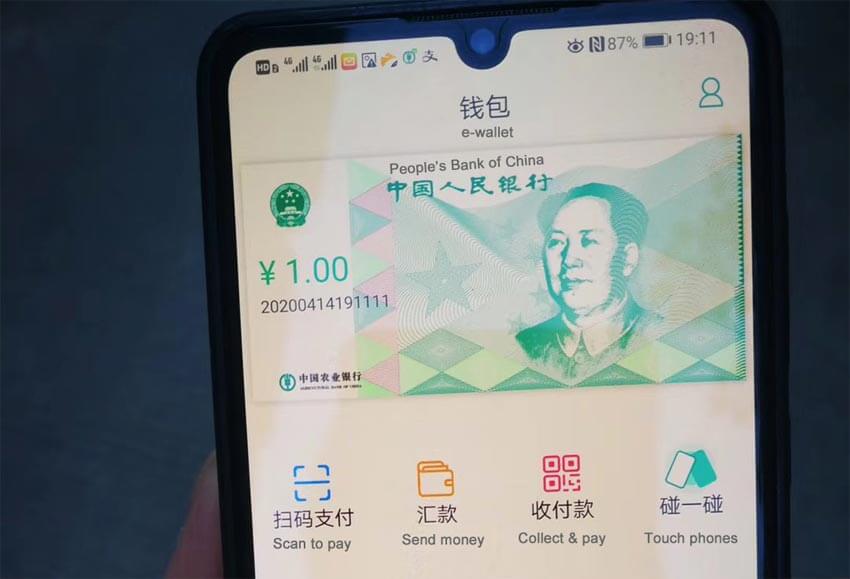A prominent Singapore bank said Bitcoin and other public cryptocurrencies present a “new frontier” for contactless payments and digital money, one that’s past their days of being dismissed by bankers.
Bitcoin an alternative investment for bankers, says DBS
DBS, one of the top banks in Singapore with an estimated $234 billion under management, said in a report on Monday that Bitcoin and other state-issued currencies are leading innovation across the broader financial ecosystem, with supply chains and cross-border banking seeing a particular benefit.
Asia remains at the forefront of digital currency activity, said DBS, noting the region’s crypto exchanges handle billions of dollars each day while China controls a reported 70% of Bitcoin’s total hash rate, the bank noted.

DBS said Bitcoin’s trading volume rose from an average of $18 million per day in 2013-16 to $507 million in 2017-19, based on vetted exchanges, indicating the steady rise in network activity and the asset’s advancement from an obscure internet currency to a solid alternative to gold.
Meanwhile, the ongoing pandemic-related economic crisis and the ensuing large-scale money printing have provided motivation toward holding alternative assets like private digital currencies. The bank added:
“Cryptos have moved from the domain of marginal individual investors to being offered in regulated exchanges and traded by sophisticated institutional and retail investors.”
The appeal of cryptos has begun shifting from privacy and anonymity (something that worries regulators) toward convenience and security, noted DBS.
CBDCs starting to challenge fiat
The bank said Singapore remains a global hub for Initial Coin Offerings (ICO), with the US and Switzerland leading that space. Regulators have taken note, it added, bringing in strict investor protection rules and regulators to prevent the use of cryptocurrencies as a tool of terrorist financing.
The report also noted both public and private digital currencies remain brave new frontiers, with new use cases, technological developments, and challenges appearing regularly.
Globally, the trend is toward reducing cash dependence, but the momentum varies widely across countries and within societies. The bank stated that regulators are “still coming to terms with the momentous changes at the private sector level,” as they are keen to maintain control over cross-border payments and settlements.

Importantly, the bank said “private-sector digital currencies,” after meeting with a great deal of skepticism from the official sector, “have found traction.” However, they are by no means fully set with respect to standards, regulations, and acceptance, the bank noted.
The report comes as China’s digital yuan is undergoing extensive testing in Hong Kong and Shenzhen, while South Korea and Japan have teams leading research in the regulatory and technical aspects of CBDCs.


















